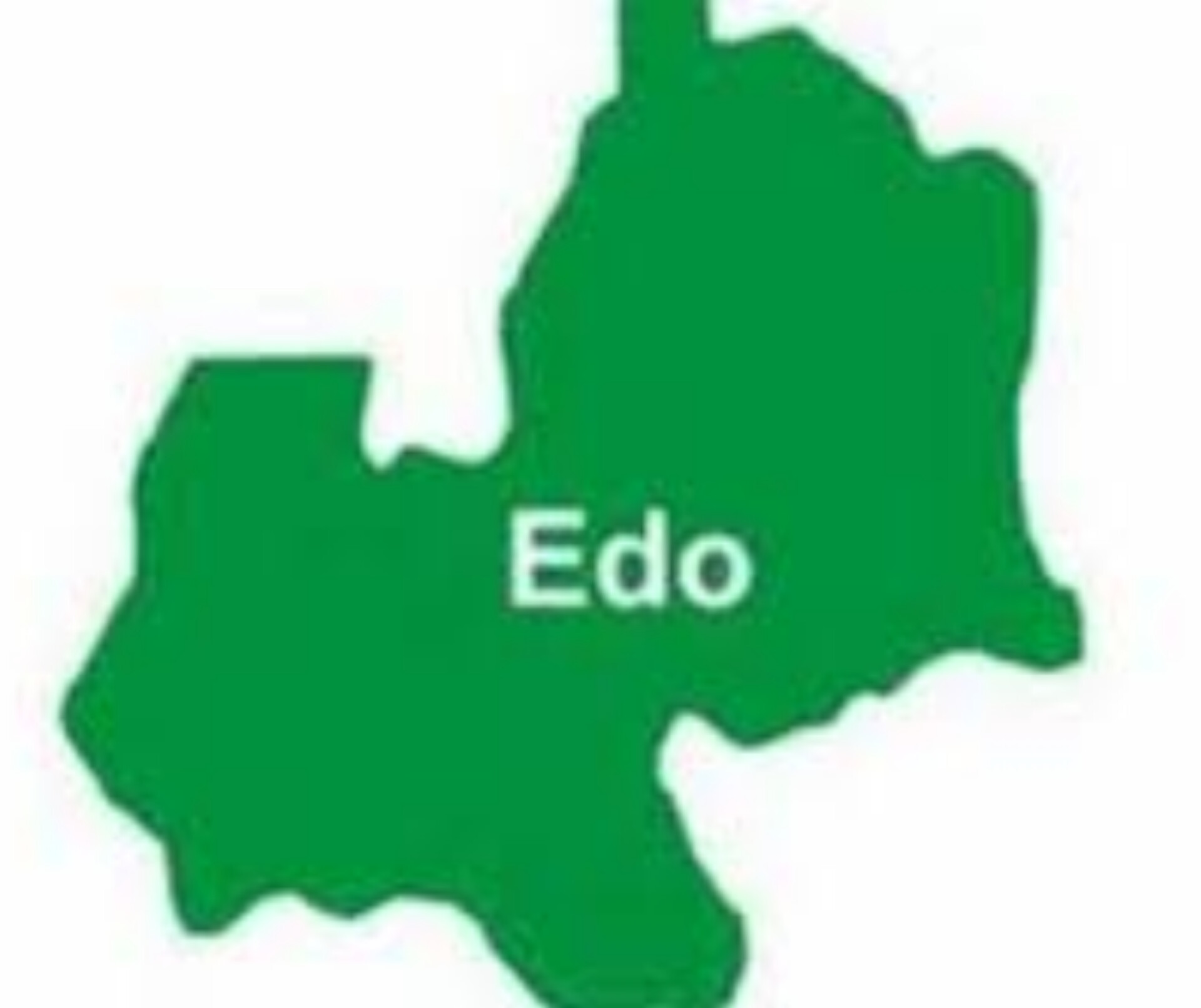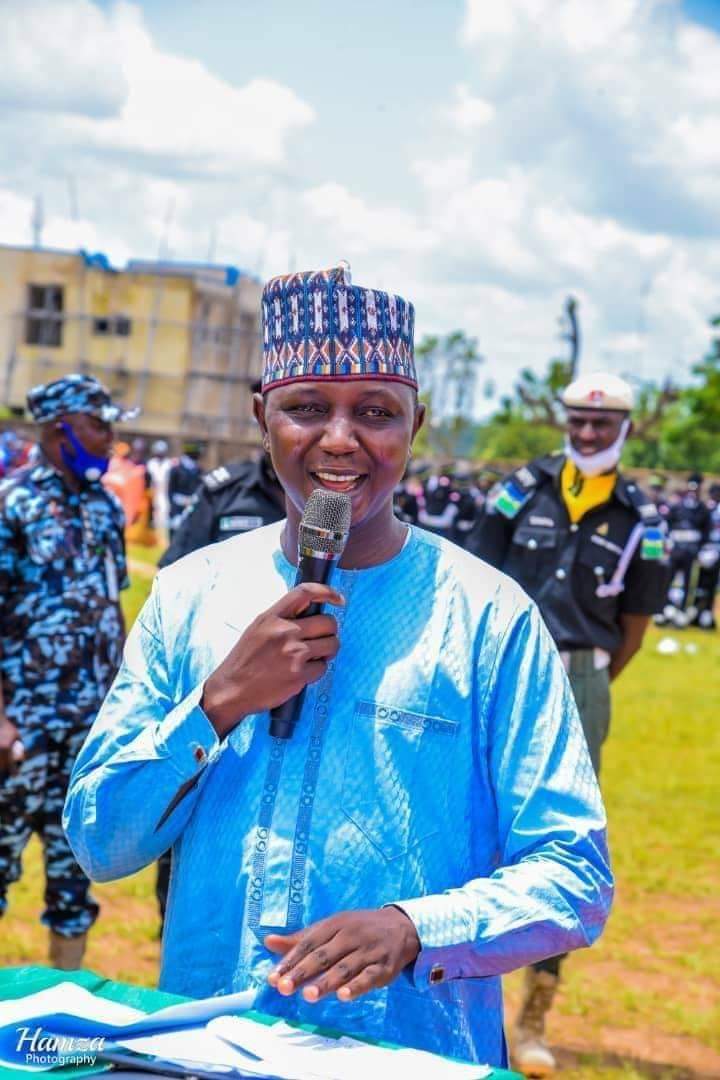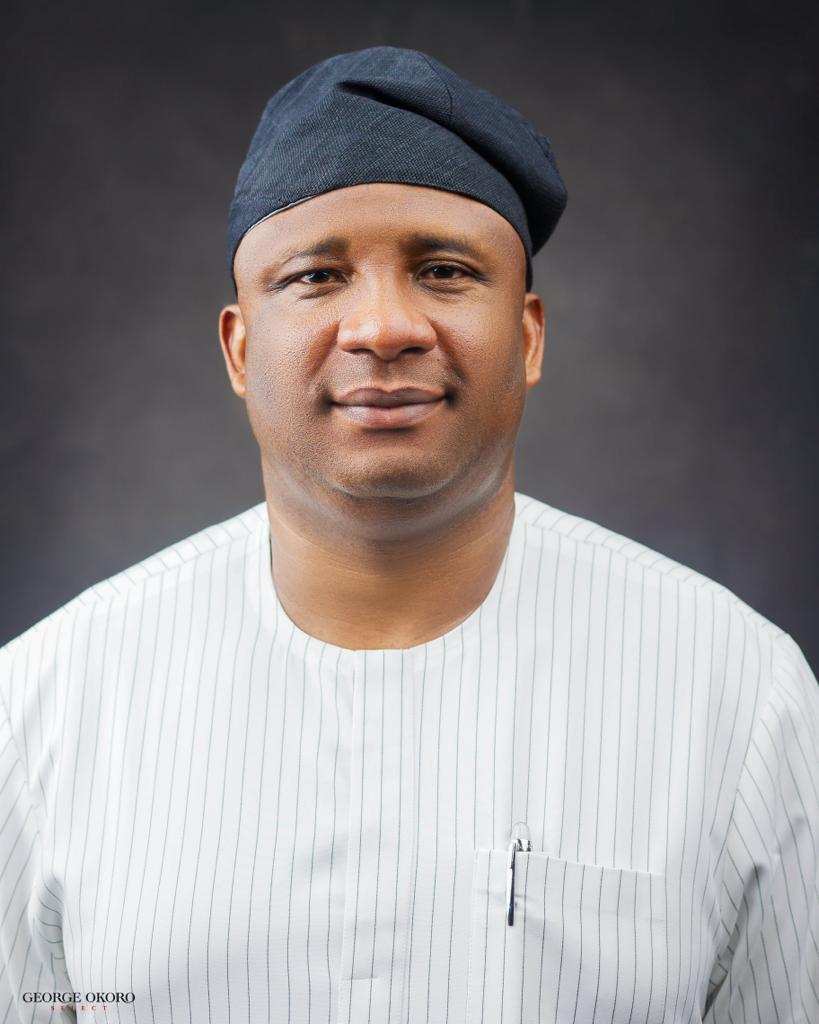By Chief Ameh Peter
The National Bureau of Statistics (NBS) recently reported that Nigeria’s GDP grew by 3.46% in the third quarter of 2024. At first glance, this appears to be a promising sign of economic progress. However, the harsh realities on the ground paint a vastly different picture. Widespread hunger, inflation, unemployment, and deteriorating infrastructure reveal a nation grappling with severe economic distress.
The contrast between these glowing statistics and the lived experiences of Nigerians is stark. National grid collapses have become routine, and the condition of roads continues to worsen, with potholes increasing by 100%. Meanwhile, the naira’s value plummets, eroding the purchasing power of ordinary citizens. These realities starkly contradict the optimistic narrative suggested by the NBS figures.

As Benjamin Disraeli aptly put it, “There are three kinds of lies: lies, damned lies, and statistics.” This sentiment rings true in Nigeria’s case, where the government’s reliance on statistical data obscures the suffering of its people. The reported GDP growth is, in reality, a statistical mirage that conceals systemic failures.
At the heart of Nigeria’s economic challenges lies a deeply flawed political system. This system enables incompetent and dishonest individuals to manipulate the electoral process, ascend to power, and perpetuate a culture of corruption, cronyism, and mismanagement. These issues have stifled genuine economic progress and development.
To address these challenges, Nigeria must embark on comprehensive economic reforms focused on transparency, accountability, and good governance. Cost-cutting measures and investments in critical infrastructure—such as roads, electricity, and healthcare—are essential to creating an environment conducive to sustainable economic growth. No country can prosper without reliable power and infrastructure.
Nigeria’s economic paradox serves as a sobering reminder of the urgent need for reform. It is imperative to end the election of incompetent leaders and prioritize national interest over personal gain. The government must move beyond statistical manipulation and focus on fostering an economy that benefits all Nigerians. Only through such genuine efforts can the promise of economic growth become a reality for everyone.
Chief Ameh Peter is the
National Secretary, CUPP
Former National Chairman, IPAC and
Ex-Presidential Candidate



